Who Was The Bandit Queen?
The film Bandit Queen came out in the year 1994. Directed by Shekhar Kapur, the film is based on the life of Phoolan Devi, a lower class and lower caste dacoit who was known to raid villages with her gang and redistributed wealth from the rich, upper class landlords to the poor villagers. Bandit Queen gained a lot of recognition, nationally and internationally. It won the national award for best film and best director along with the praise at the Cannes Film Festival.
Phoolan Devi was just a girl when she was abducted by a gang of dacoits on the order of the village sirpanch as she refused his sexual advances. Through out the course of her life, she was raped multiple times and was abused by the the policemen, opportunist villagers and a few gang members. When the leader was shot dead, Devi took charge of the gang. Along with the raids over the years, she hunted down the 20 something men who had raped and abused her, made them stand in a line and shot each of them dead in Behmai.
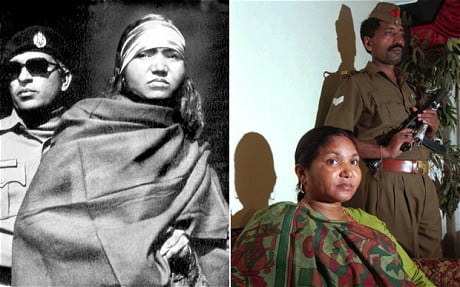
However, the portrayal of her and her life through this film turned highly controversial. Phoolan Devi publicly complained that the director, Shekhar Kapur, and producer, Bobby Bedi, refused to show her the film, and in the first place, made it without taking her consent. They did not even consider meeting her and discussing how they would go about creating the film (based on her life), so that when the film is released, there is no scope for denying the making and lead protests for the same.
the portrayal of her and her life through this film turned highly controversial. Phoolan Devi publicly complained that the director, Shekhar Kapur, and producer, Bobby Bedi, refused to show her the film, and in the first place, made it without taking her consent.
Ideological And Legal Issues
The makers claimed that the film is based on a biography “I, Phoolan Devi” written by the London-based Indian journalist Mala Sen, who befriended Devi during her 11 years in prison. It showed harrowing scenes of gang rape and violence by the upper-caste men, something Devi had a major issue with. She claimed that the film was riddled with mistakes. She accused the director and producer of wanting to use her name “to sell a fake story to the world”
“Why else haven’t they shown it to me?”
In the film Vikram Mallah and Phoolan Devi had a romantic dynamic whereas in reality there was no such love angle and Phoolan claimed that she had more than one lover, but the story was distorted to paint a picture of a “nice” and “moral” woman; one with whom the viewers would sympathise, when the rape scenes were shown. Who would feel bad for an “immoral” woman getting raped?
In July 1995, the Censor Board indicated that it would grant the film an “A” certificate in terms of the Cinematographic Act, 1952 but only on the condition that certain scenes were deleted or modified. The Supreme Court of India set aside the decision of the Delhi High Court which had restrained the screening of the movie Bandit Queen, stating that the screening of a film cannot be prohibited merely because it depicts obscene and graphic scenes.
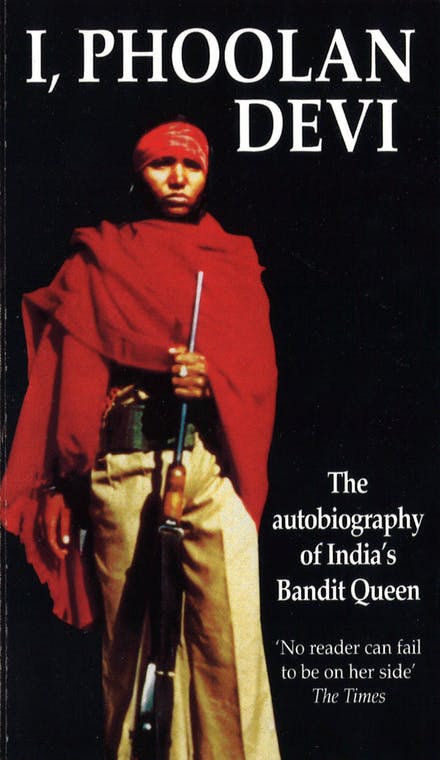
The makers of the film, which told the true story of a woman who was raped and brutalized before taking revenge on her attackers, had approached the Court seeking the reinstatement of the classification of the film as “Adult only”. The Court held that the scenes featuring nudity and expletives served the purpose of telling the important story and that the producers’ right to freedom of expression could not be restricted simply because of the content of the scenes.
Also read: The Legendary Phoolan Devi
Depiction Of The “Third World Subaltern Woman”
Even though Bandit Queen got a lot of critical acclaim and a clean chit from the supreme court, it produced narratives of hegemony when it came to representing the third world subaltern woman. The idea of a “heroic” village woman in the film, her helplessness and victimization is portrayed in a way to please and sell to the “first world” eye.
Even though Bandit Queen got a lot of critical acclaim and a clean chit from the supreme court, it produced narratives of hegemony when it came to representing the third world subaltern woman. The idea of a “heroic” village woman in the film, her helplessness and victimization is portrayed in a way to please and sell to the “first world” eye.
Works such as these become multinational and are programmed in such a way that they cater to the international audience, and in that process lose the authenticity and “truth” that they were supposed to present ideally. Phoolan Devi’s life story lost its essence because of the way it was molded into a cultural product. The film just kept on spiraling into one direction which was sexual violence and rape afflicted on the Bandit Queen. When asked about the same, Shekhar Kapur stated that he wanted to show the “truth”.

How is it the “truth”, when you do not talk to the woman and learn the legacy, from her? There were numerous discrepancies between the book and the movie, and the makers did not take in to consideration so many stark events that took place in her life.
Phoolan was arrested on the charge of multiple murders with various other crimes and spent 11 years in jail. In her time in jail, Phoolan started bleeding due to an ovarian cyst and the state appointed doctors removed her womb stating, “We don’t want her breeding anymore Phoolan Devis“. After getting out of jail she joined the Samajwadi Party, but was assassinated in 2001.
Also read: Watch: The Life And Times Of Phoolan Devi
Her fierceness and rebellious attitude are what we still remember about her. Devi was a victim of rape and other brutalities but Shekhar Kapur only took that aspect of her life and made a film on it. In her life she fought for many things other than just rape, like land rights, but Kapur turned it into victimhood of rape and a story of revenge for rape.
References
- The great Indian Rape-Trick I by Arundhati Roy
- Global Freedom Of Expression
- India’s Bandit Queen by Leela Fernandes
Featured Image Source: India Today
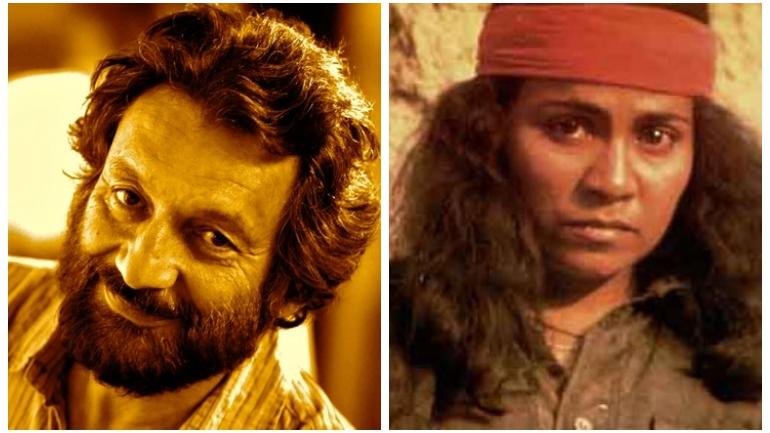
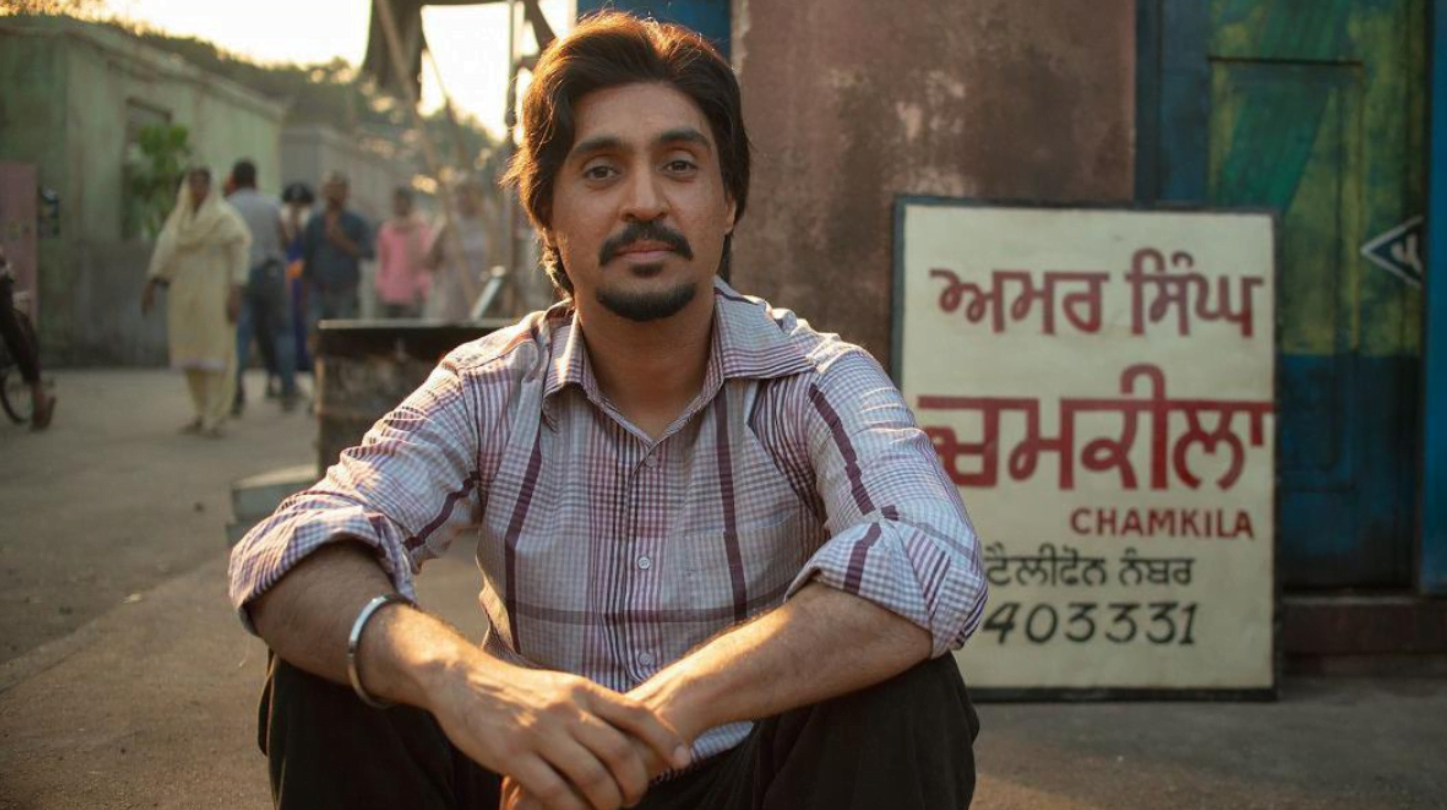

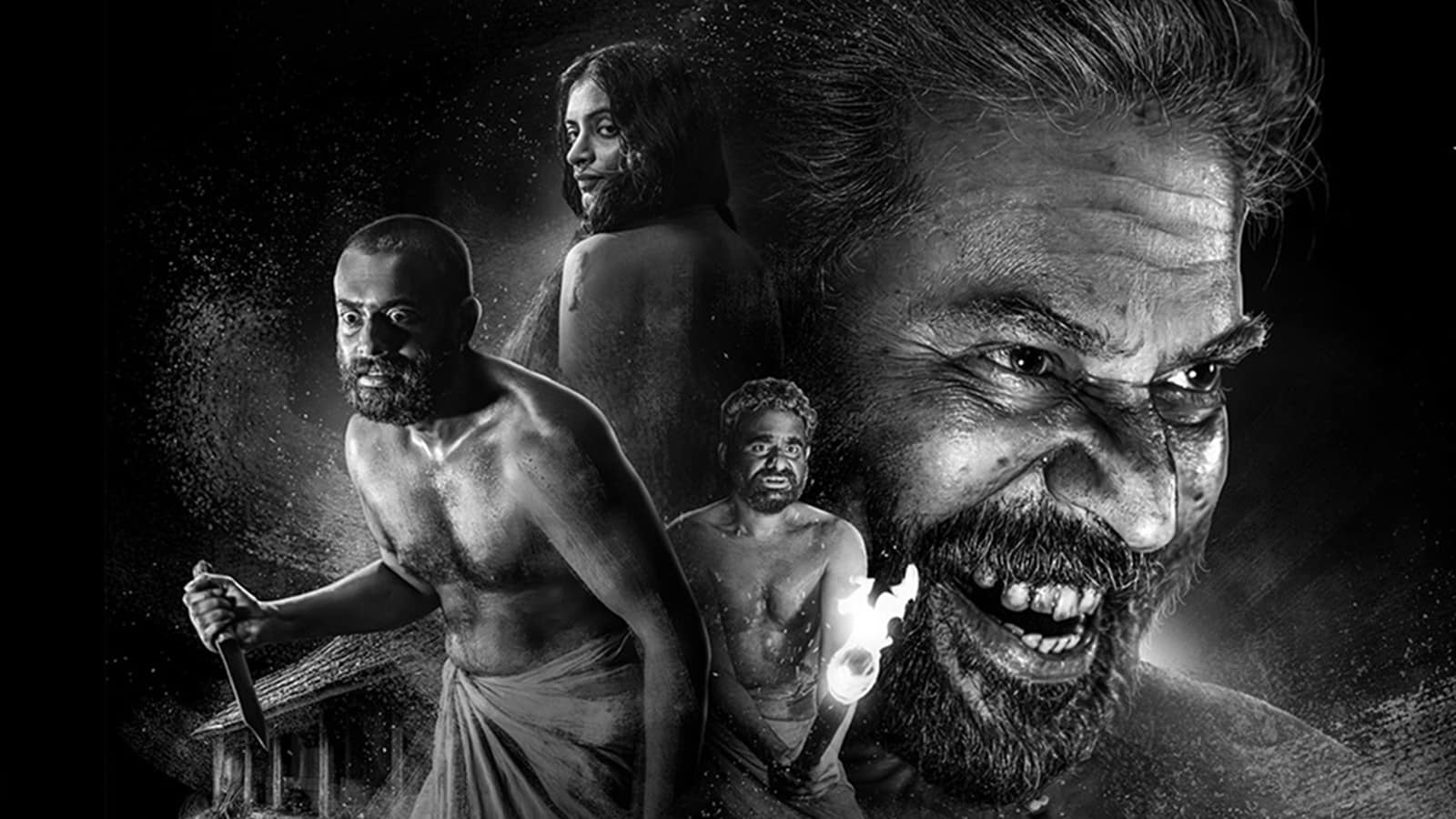

What an insightful article. Great work!!
I saw this film only last year and was shocked to see how it only focused on the sexual violence aspect. It’s a missed opportunity to share her real, lived journey. We need more sensitive story telling of complex narratives.